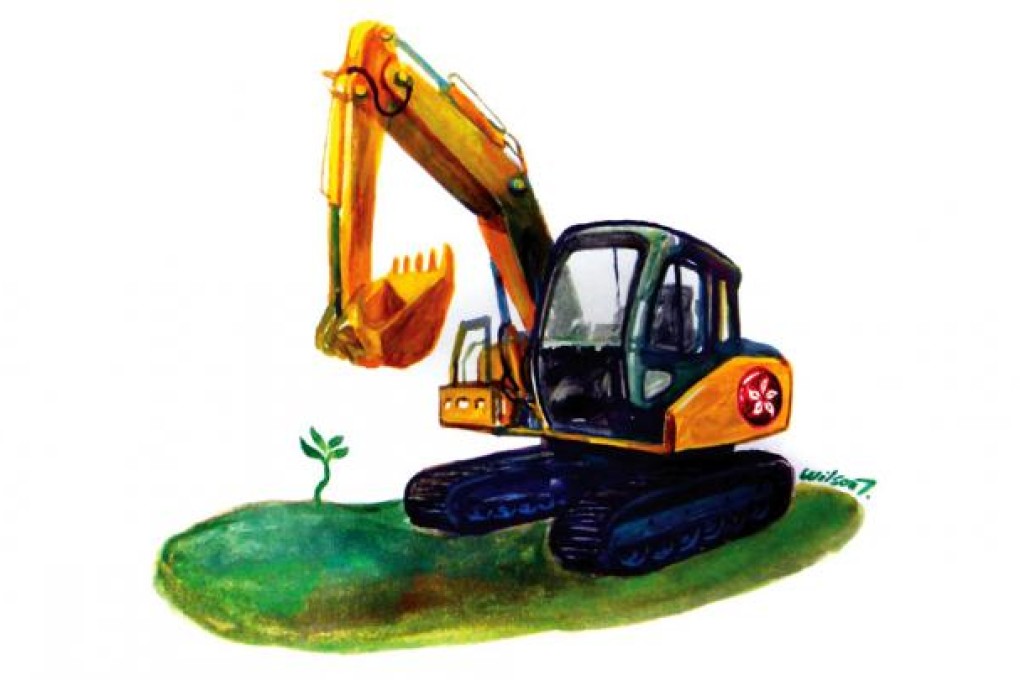Hong Kong needs an agricultural policy fit for a modern city
Lau Pak Chuen says government planners should address the relocation fears of New Territories farmers as part of a wider review of Hong Kong's outdated agricultural policy

The objections to development plans in the northeastern New Territories focus mainly on two issues: whether there is a need at this stage to develop the area; and how we should take care of the affected local residents, especially the non-indigenous farmers.
Planning and land professionals say that in view of the rapidly increasing housing demand - demonstrated by the fact that there are some 200,000 applicants for public housing, plus skyrocketing property prices - the northeastern New Territories is the best choice for quickly providing the necessary supply to meet or considerably ease demand.
Here I would like to look at how we should take care of local farmers, to whom farming is not only their means of living, but also a way of life. In a place like Hong Kong where land is scarce, it is extremely difficult for agriculture to flourish, or even sustain itself. High land costs will, sooner or later, make it very difficult for a low-yield industry like farming to survive.
Statistics from the Agriculture, Fisheries and Conservation Department show that, over the decade from 2001 to 2010, the value of local agricultural production halved, from a total of HK$1.22 billion to HK$615 million. The percentage of fallow agricultural land increased from 61.8 per cent to 69.1 per cent and the number of farmers dropped by almost a fifth, from 5,800 to 4,700, representing only 0.17 per cent and 0.13 per cent respectively of Hong Kong's total workforce.
Before the 1950s, when Hong Kong had fewer than two million people, the New Territories used to produce some 25,000 tons of rice a year, not only providing for local need but also selling to other parts of the world. As our economic structure changed, many farmers and their children pursued careers in other industries and settled down in urban areas.
However, does this mean we should forget about agriculture entirely and ask the remaining farmers affected by the northeastern New Territories development to give up their livelihood and make a living in another way?
The government has responded by reserving 45 hectares of land adjacent to the nature park at Long Valley and another 9 hectares in Fanling North as agricultural zones, in addition to the idea of allowing wet agricultural practices (rice growing) in the nature park. The total area of reserved agriculture land is larger than the 22 hectares that will be affected by the northeastern New Territories development.